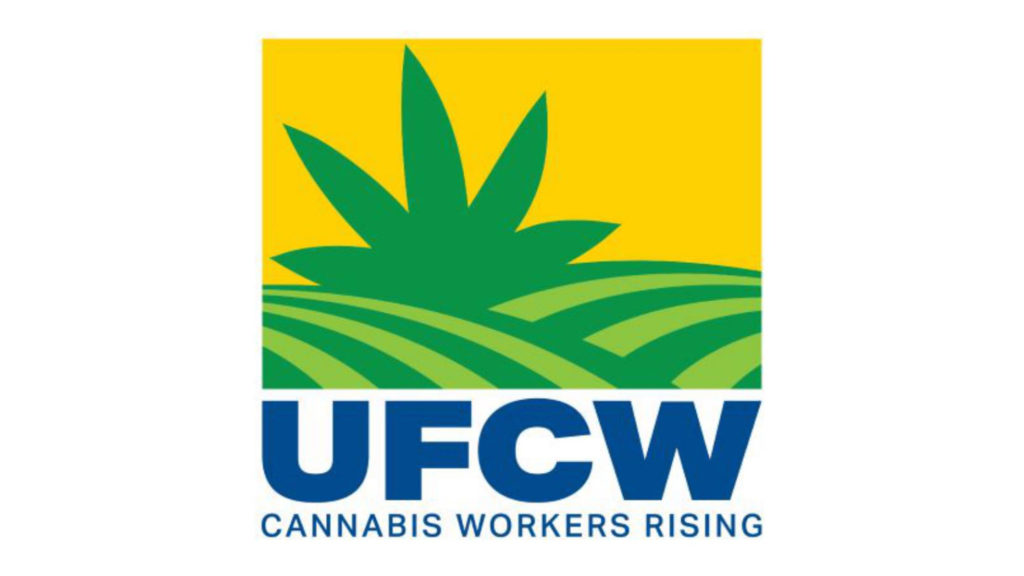On a day designated for celebrating labor rights, we look at the rise of unions within the cannabis industry, and the significance of the international labor day in relation to the ongoing efforts to unionize marijuana workers.
In a major development for the cannabis industry in the United States, more than 180 employees working in the cannabis sector across Illinois and California have joined labor unions, signaling a growing interest in unionization among workers in this field. The move towards unionization is being driven by the desire for better wages, benefits, and working conditions. Unionizing has been particularly successful in states where cannabis has been legalized, with California and Illinois leading the way.
The United Food and Commercial Workers (UFCW) Local 5 has been at the forefront of unionizing cannabis industry workers, with approximately 1,000 cannabis workers across the Bay Area represented by the union. In addition to this, the UFCW has also unionized 80 cannabis delivery drivers at Eaze’s operations in San Jose, California. This marks the fifth Eaze depot to elect union representation with UFCW Local 5 over the past year.
Meanwhile, Teamsters Local 777 has reached a preliminary agreement with employees of Verilife, a PharmaCann subsidiary that owns and operates five marijuana stores in the Chicagoland area. This includes more than 100 employees of Verilife stores in Chicago and its surrounding suburbs of Arlington Heights, Ottawa, Romeoville, and Rosemont. As part of the agreement, employees will receive a 20% wage increase over the course of the agreement, as well as more full-time positions, guaranteed gratuities, and employer-funded retirement contributions.
The UFCW has been instrumental in negotiating collective bargaining agreements with cannabis companies across the United States, and this latest move towards unionization could potentially shape the future of the cannabis industry. Labor unions could become powerful political players, advocating for policies that benefit cannabis industry workers and consumers alike.
As the cannabis industry continues to grow, the demand for unionization is likely to increase. Unionization could provide cannabis industry workers with more job security and a stronger voice in the industry. It could also help to ensure that workers in this field are compensated fairly and have access to benefits such as healthcare and retirement plans. This could help to attract more talented individuals to the cannabis industry and make it a more attractive career option for workers.



